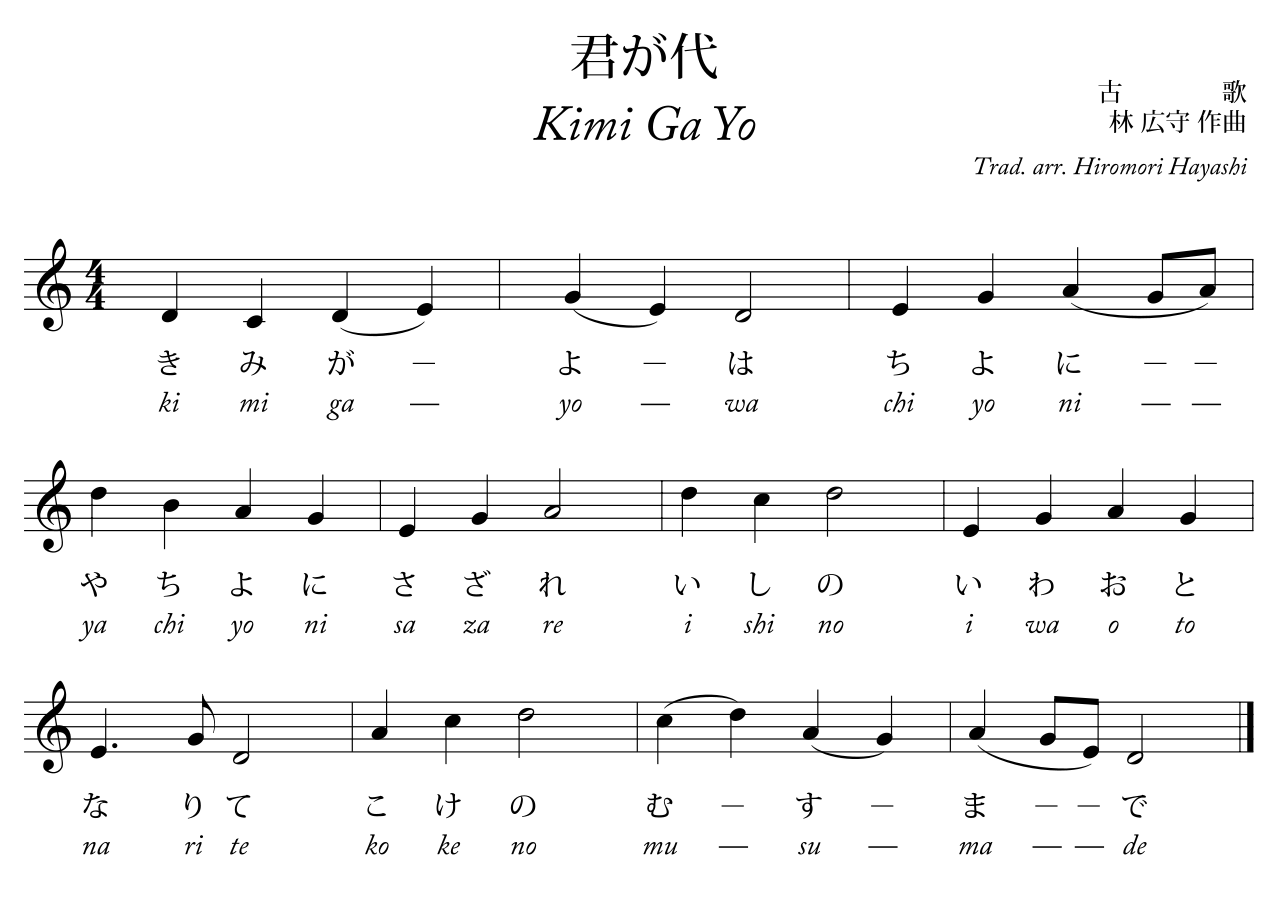My father was born in 1910, two years before Pu Yi, the last Qing Emperor, abdicated his throne (on Feb 12,1912). My grandfather and his Foochow pioneers had left Fuzhou with Wong Nai Siong in 1902. They had not realised then that the Qing Dynasty would end within the next 10 years.
Furthermore, perhaps not to their knowledge Wong Nai Siong was anti-Qing and a very far sighted man. Wong was only trying his best to find opportunities for his fellow Foochow Methodist brethrens.
Sibu had been settled by the first batch of Foochows in 1901. My grandfather came in the second batch. Altogether there were 3 batches, making up 1118 Foochows and may be a few Hockiens. Today a complete list of the names cannot be compiled.
When the Republic was declared in 1911, the Chinese in Sibu were deighted and they started to use the Republican flag, as well as the Sarawak flag.
When my father furthered his studies in China, he was ":returning" or HUI GUO to the home land (zhu guo), a Republican government. He was happy with the system of government. Freedom. Use of English. Flourishing western education. Western style clothes.
He returned to start his newspaper business in Kuching which was bombed in the 1941 Dec Japanese attack. That was truly very traumatising for him. In fact it scarred him for life.
Then he saw the Japanisation in Sibu.
One of his sisters said, "It seemed that the Japanese did not want to leave our Big Brother alone and had chased him from China. He was very bitter."
Sibu was called Sibu-shu (Sarawak Third Division)by the Japanese and my father did not want to be recuited to be a Japanese language teacher, although his good friend Lau Pang Kwong and his first cousin Chong Chung Sing were recruited. My father chose to be a conscripted labourer to build the Sibu airport.
My mother and her sister, Hung Yung, went to Japanese language classes too, taught by their cousin, Pang Kwong. But they did not wear any uniform, just boys' clothes.
Gabriel Tan in his book, wrote : "As part of the process of Japanisation (Nipponisation), schoolchildren and adults were instructed to go to nihon-go classes to learn the Japanese language. Students had to wear uniforms and a peaked cap with a blue sakura (cherry blossom) emblem, which was replaced by a red one as the students attained higher grades. Each morning students were required to sing the Japanese national anthem with gusto followed by bowing to the Japanese flag before marching to their classrooms. This was done to make the population “think, feel and act like Japanese East Asians”.

My mother and her peers can still remember the melody and some of the words of the Japanese national anthem.
As my father and his peers toiled in the building of the Sibu Airport, many incidents happened to the family.

23 June 1942, the Japanese headquarters in Kuching sent Senda Nijiro to become the new Resident of the Third Division of Sarawak. He immediately declared that Imperial Japanese Army would take total control of people's lives and property. On 8 August 1942, Sibu was renamed to "Sibu-shu" (志布州).
The Japanese started to impose expensive taxes on Chinese people and mounted a Sook Ching operation (肃清行动) on suspected anti-Japanese individuals. Under extreme torture, some Chinese individuals gave a false list of names of anti-Japanese groups. These lists would later lead to the death of innocent individuals at the Bukit Lima execution ground, while some individuals were sent to a prison at Kapit.
In the light of that Sook Ching operation, due to a false report by the Bengali security guard of Hua Hung Ice Factory, Mr. Singh, the Japanese soldiers came to search for western books. My father's collection of European vinyl records, books, and record player were confiscated. He was tortured and imprisoned for more than 10 days.
It was the most difficult period fo his life, and his grandfather , King Kee and father Kung Ping were inconsolable. The two elders and Ling Kai Cheng tried their best to get help to get him released.
My father was badly beaten and my grandfather almost lost his own life when he begged for my father's life.
Probably that traumatic event in his life made my father even more taciturn. He became quieter and quieter until he passed away in 1965.
Throughout the Japanese Occupation of 3 years 8 months, my father lost his newspaper business in Kuching, his step mother and his beloved grandfather. Life was extremely sad for him.
One of my aunts said, "For years, my Big Brother had a great fear of people who wore uniforms. He preferred to stay away from people, and at night he derived great pleasure from casting his net in the Rajang river to catch good fish. All his learning and knowledge, he kept in his 'stomach' as the Chinese saying goes. For years Sibu people around him grabbed power, he did not do much. He was finally very happy sitting on a rock and drawing what he saw. His last business was owning a quarry in Bukit Aup. "



No comments:
Post a Comment